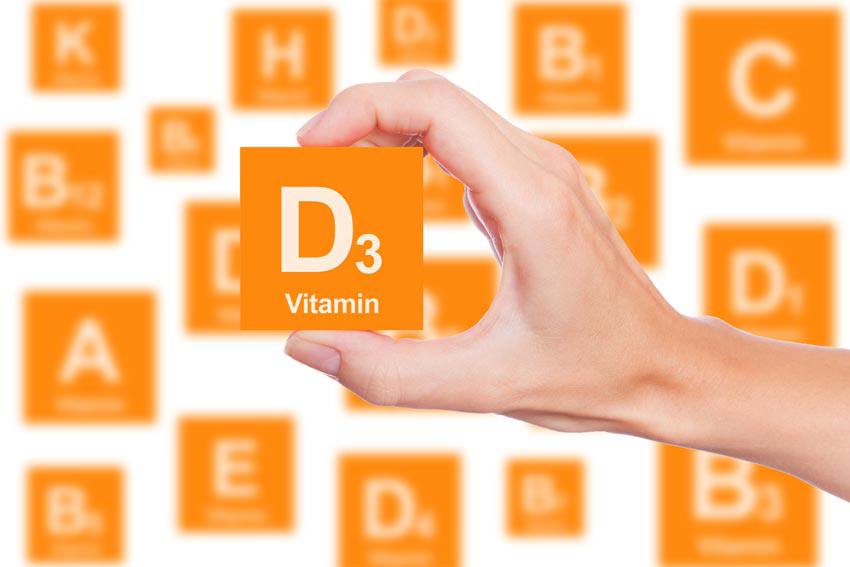Why travellers prefer Blue Cross
- Canada's #1 travel insurance brand and recognized worldwide
- Over 80 years of expertise in insurance
- $5 million travel insurance coverage, with or without deductible
- Flexible and affordable travel insurance solutions
- Free quote available online
- Travel assistance available 24/7 for any emergency, anywhere you travel

The lowdown on vitamin D
Published on: October 1, 2015
According to a comprehensive survey conducted by Statistics Canada, most Canadians have adequate levels of vitamin D, based on the current standards. The study also found:
- Almost two-thirds of Canadians have vitamin D levels that are associated with certain cancers
- About 10% of Canadians are considered to have vitamin D inadequacy, which means their levels aren’t high enough for good bone health
- About 4% of Canadians are considered to have vitamin D deficiency
The report explains that “vitamin D promotes calcium and phosphorus absorption, which is necessary to build and maintain bones and teeth.” The ideal levels of vitamin D are not known, but it is known that lower levels have been associated with a higher risk of certain conditions and diseases, such as rickets in children (or osteoporosis in adults) and some cancers.
Benefits of vitamin D
Many of us know that vitamin D helps the body absorb calcium and phosphorus from foods to help develop and maintain strong bones and teeth. However, some studies have found that the vitamin could also play a role in helping to prevent and treat a number of medical conditions, such as hypertension, multiple sclerosis and type 1 and type 2 diabetes, and even lower the risk of cancer.
Sources of vitamin D
Vitamin D is present in various amounts in some food sources, including:
- Egg yolks
- Milk, and fortified yogurt and cheese
- Fish (salmon, tuna, sardines, swordfish)
- Beef liver and cod liver oil
The sun is also a good source of vitamin D, but the sun alone will not help you get enough. Leslie Beck, a registered dietician, explains:
It’s estimated that up to 15 minutes of daily sun exposure on the hands, arms and face around 12 p.m. during the spring, summer and early fall can provide light-skinned Canadians with 1,000 IU of vitamin D. However, people with dark-coloured skin and older adults make considerably less vitamin D from the sun’s ultraviolet B rays, the portion of sunlight that stimulates our skin to produce the vitamin. And even in the summer, you may be making less vitamin D than you think: Correctly applied sunscreen reduces your ability to produce vitamin D by more than 90 per cent.
Causes of inadequate levels of vitamin D
The symptoms of vitamin D deficiency or inadequacy include bone pain and muscle weakness, though these symptoms can be subtle and go unnoticed.
The National Institutes of Health explains that a lack of vitamin D can occur if:
- You don’t consume enough of the vitamin in your diet
- You have dark skin
- You have limited exposure to sunlight
- You are obese
- Your kidneys cannot convert vitamin D to its active form
- You have a condition that prevents your body from absorbing fat (vitamin D is fat-soluble)
How much vitamin D should you take?
EatRight Ontario provides some guidelines for how much vitamin D we should consume daily:
- Infants 0 to 12 months old: 400 IU
- Children 1 to 8 years old: 600 IU
- Children and adults 9 to 70 years old: 600 IU
- Adults over 71 years old: 800 IU
- Women who are pregnant or breastfeeding: 600 IU
Too much vitamin D can negatively impact your health
One tricky thing about vitamin D is that you can have too much. Adults should not exceed 4,000 IU/day, children 4 to 8 years old should not exceed 3,000 UI/day and children 1 to 3 years old should not exceed 2,500 IU/day. Infants up to six months old should have no more than 1,000 IU/day.
“While it’s tempting to take extra vitamin D in the hopes that it may reduce cancer risk or ward off a heart attack, you can get too much of a good thing. Because vitamin D is stored in fat cells, excess doses can build up to harmful levels, causing high blood calcium and damage to the heart, blood vessels and kidneys,” says Beck.
If you think you may have a vitamin D deficiency or want to find out whether you could benefit from a supplement, make an appointment to see your doctor.